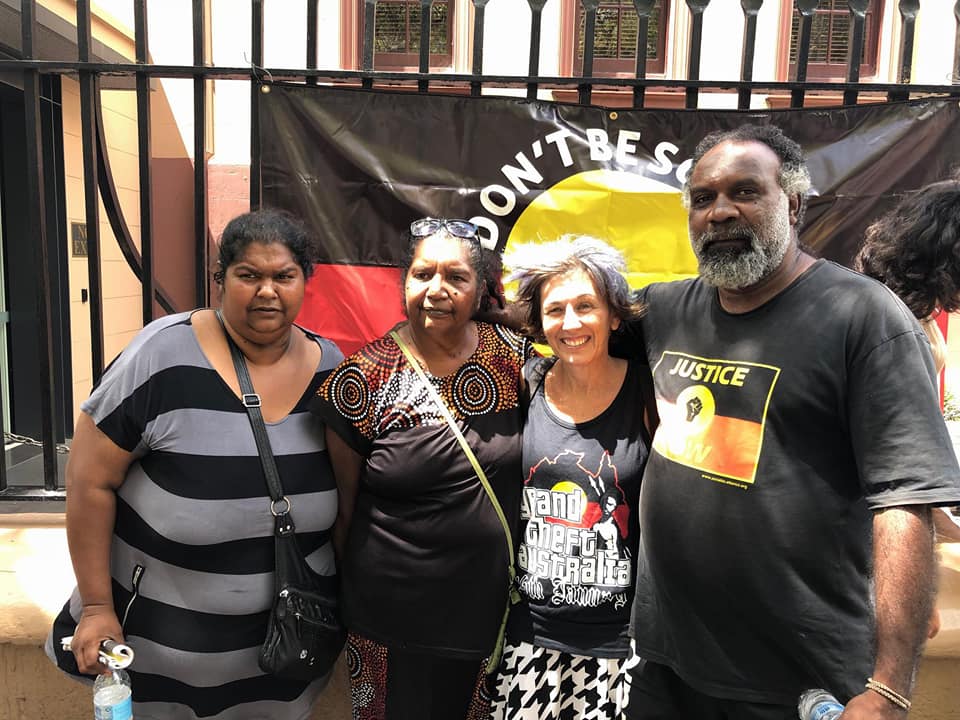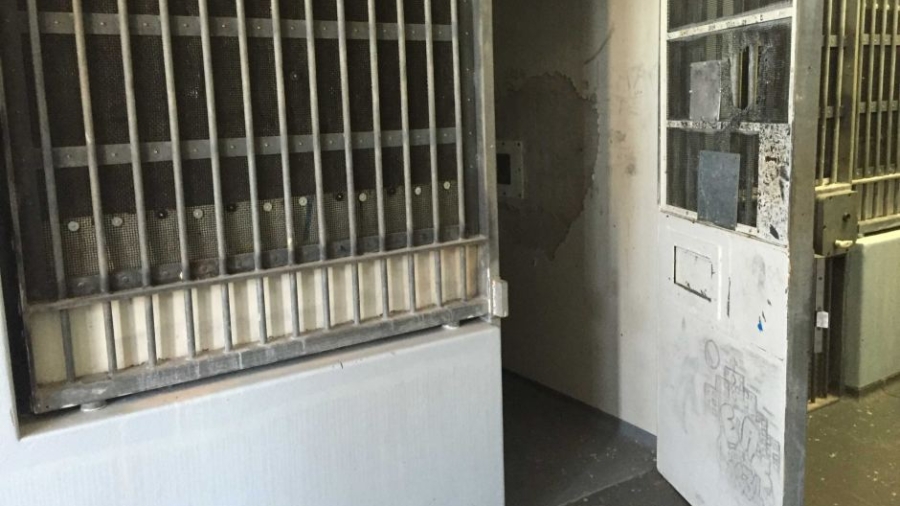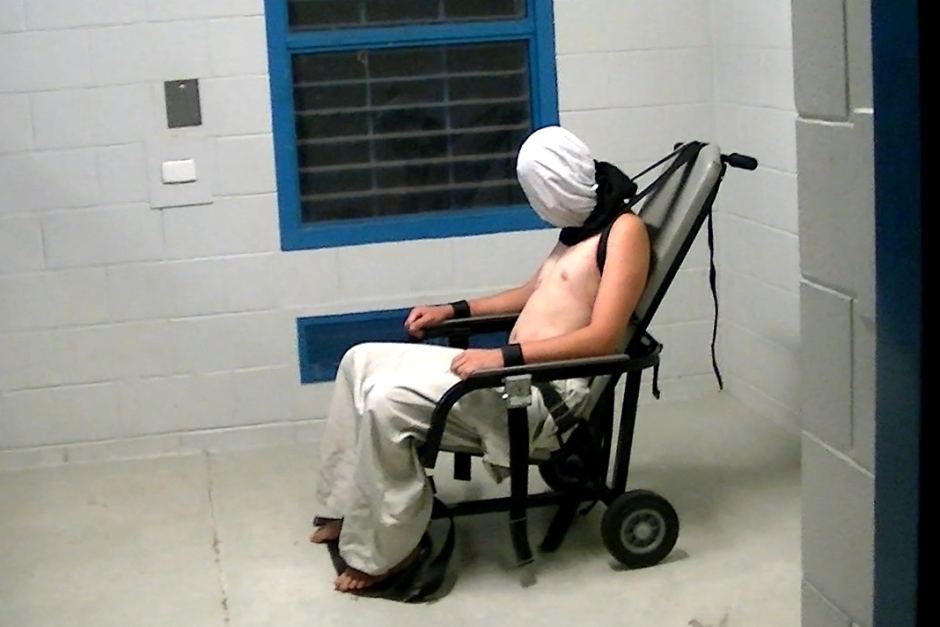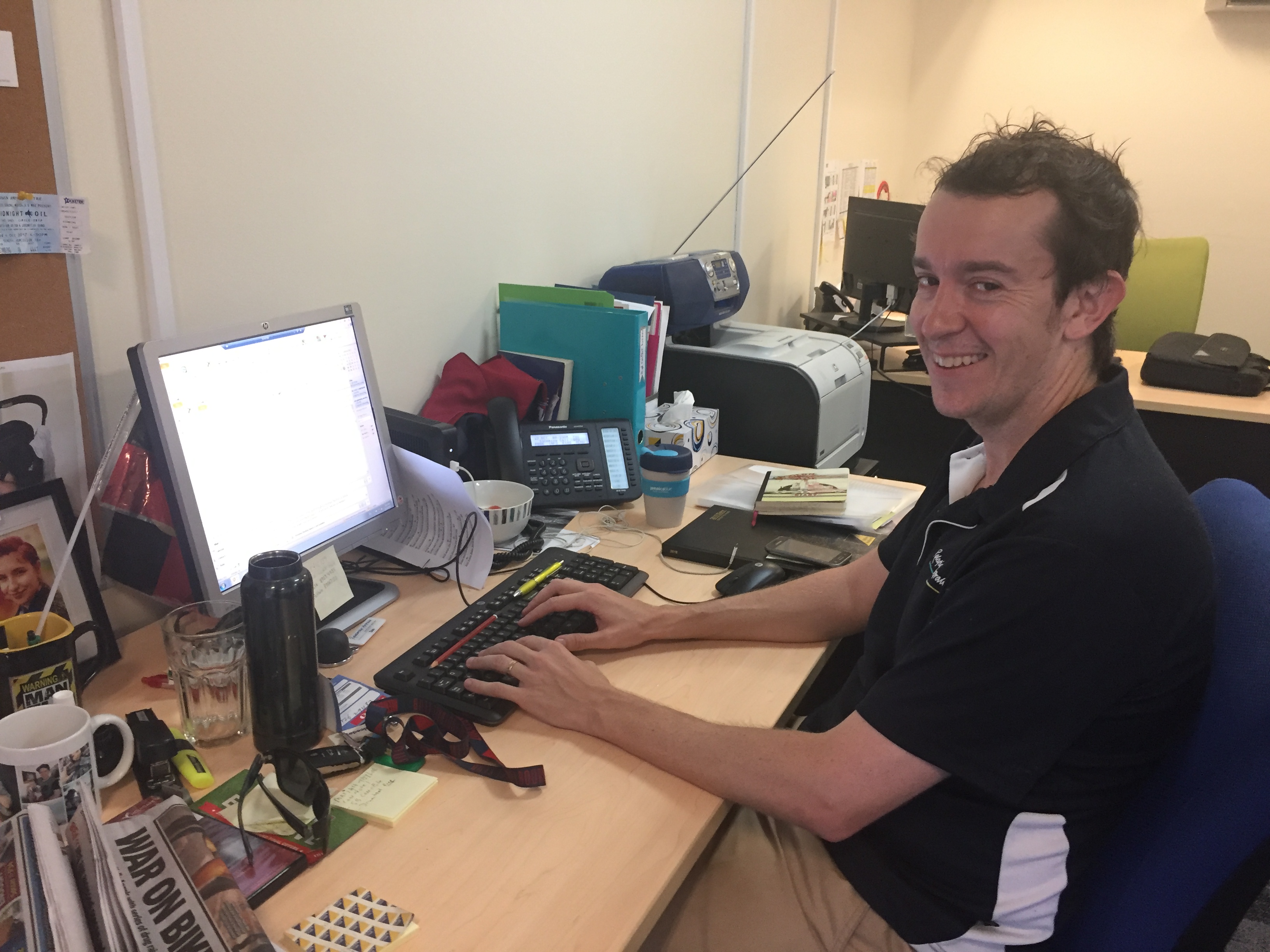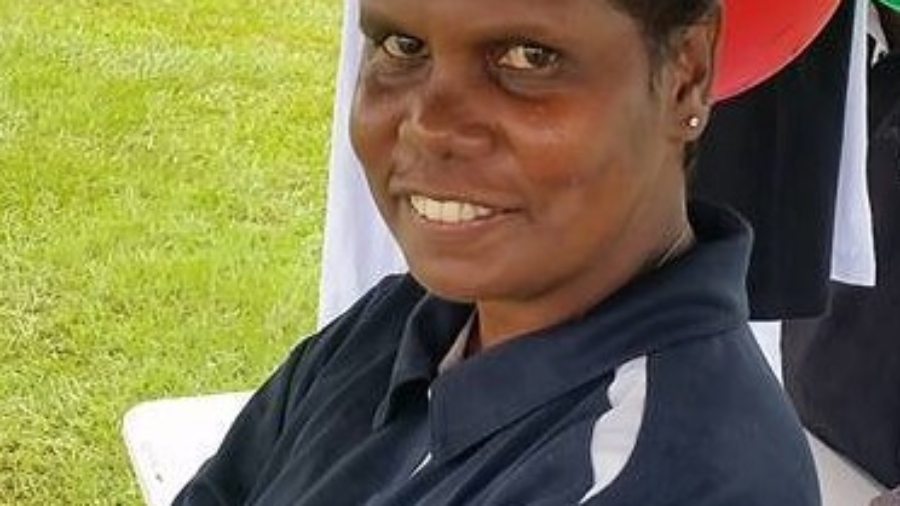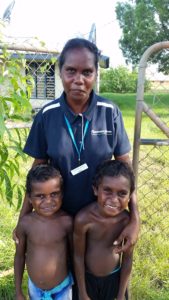Alicia is one of those people that knew from the beginning of our work together, she wanted to share her story with a wider audience. Having re-authored her narrative from a problem mother as defined by the Child Protection system to one that never gave up loving her children, Alicia then decided to publish her story with a view to helping others. Alicia believed her skills and knowledge for surviving the Child Protection system would be useful for other parents who are trying to get their children back.
In narrative therapy, finding another audience beyond the therapist for people’s preferred stories makes a big difference in how people experience themselves (Denborough 2014). The story teller not only has this new version of their story validated, but feels a sense of contribution to the life of another; that in some way their life will be changed too by reading about the author’s experience.
Being heard by outsider witnesses can also feel like a small step towards justice for someone who feels like the system let them down. Putting one’s story out for others to read turns a personal experience into a political issue, highlighting where systems are failing people instead of continuing to blame mothers for failing their children.
This therapeutic process moves people not only from a position of victim to survivor, but through to an influential teacher who has hard-won knowledge and skills that are of benefit to others. What an empowering position to be in for someone who has felt completely powerless over their life!
For anyone out there who is currently in a situation where their children have been removed, feeling devastated by the separation, and have lost hope, what more powerful way of reaching out to them than reading a real-life story from someone who has already ridden that roller-coaster.
On that note, I am privileged to be able to share in Alicia’s own words, her tips for parents who are currently riding the roller-coaster that is ‘surviving the child protection system’.
And if you haven’t already, you can read Alicia’s full story here.
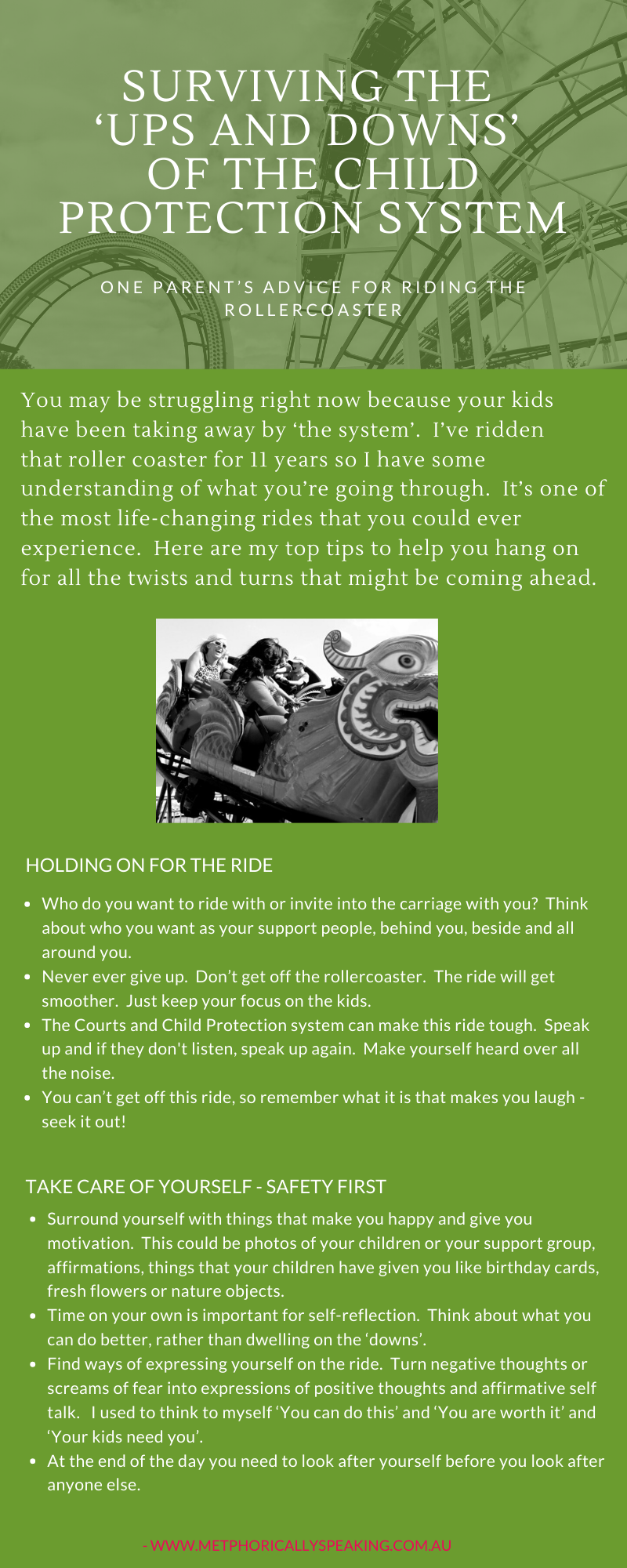
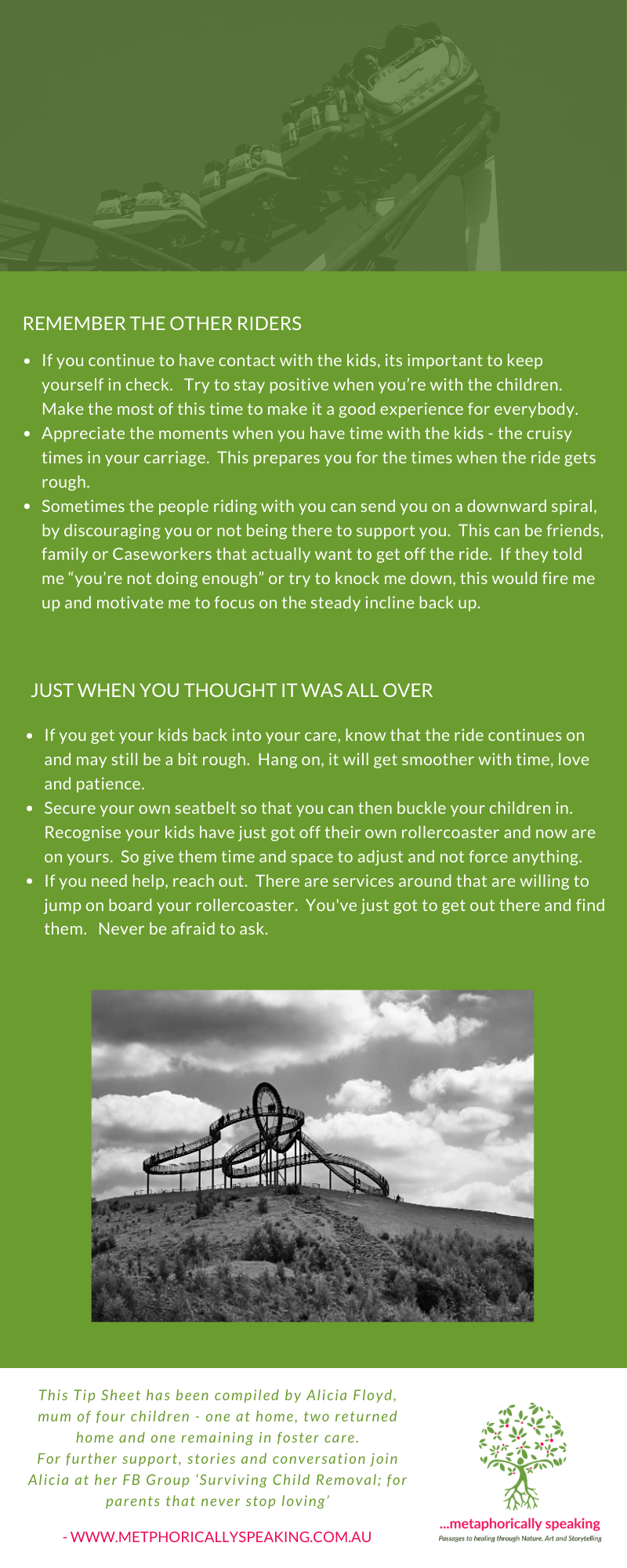
I hope Alicia’s words bring comfort, support and hope to those who are possibly on the worst ride of their life right now.
References:
Denborough, D., 2014, ‘Retelling the Stories of Our Lives: Everyday Narrative Therapy to Draw Inspiration and Transform Experience’, W. W. Norton & Company, N.Y.


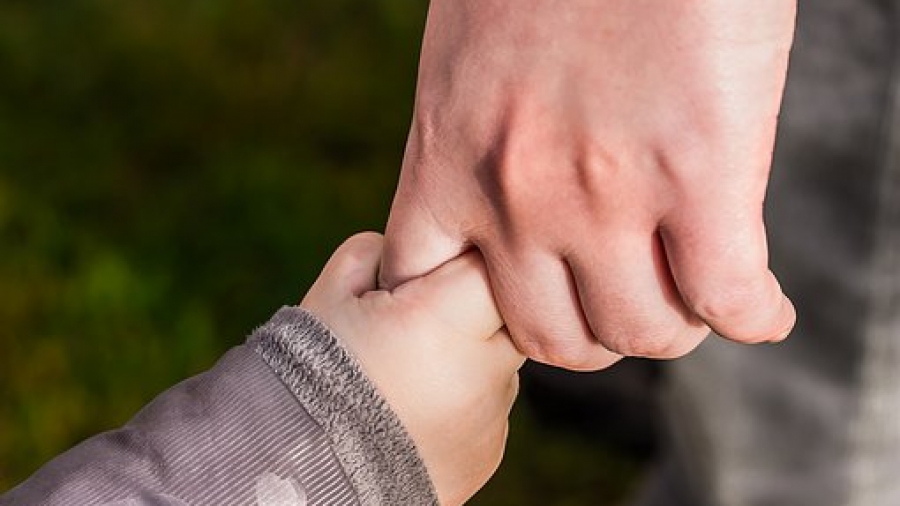
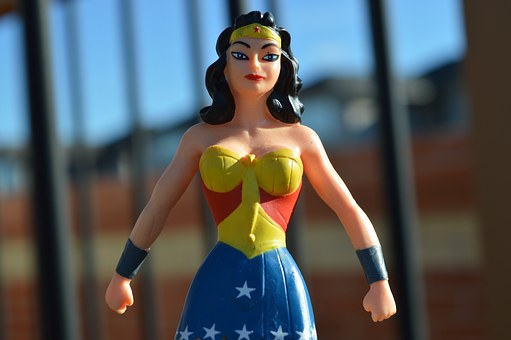
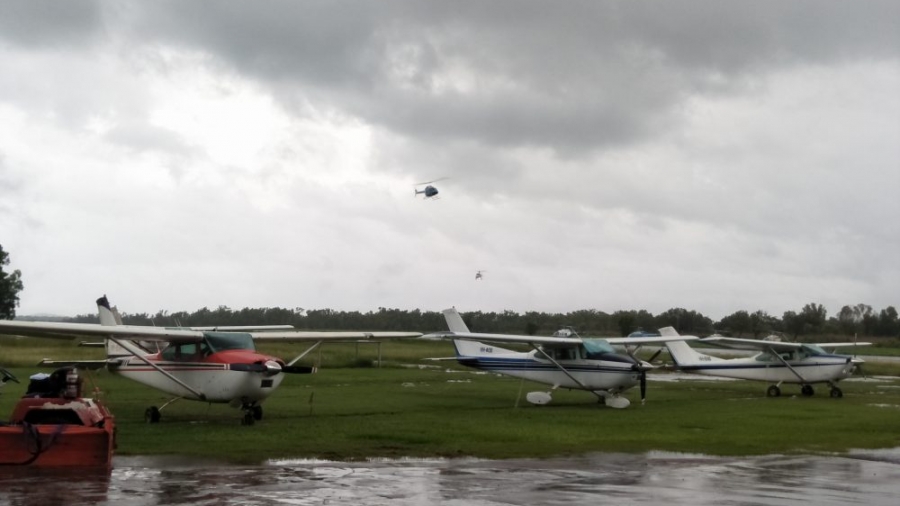
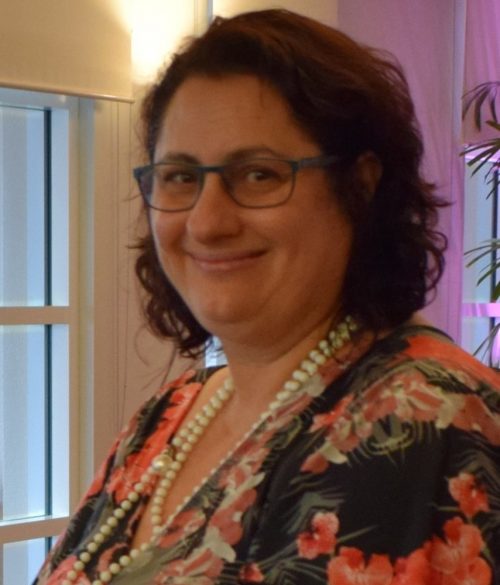

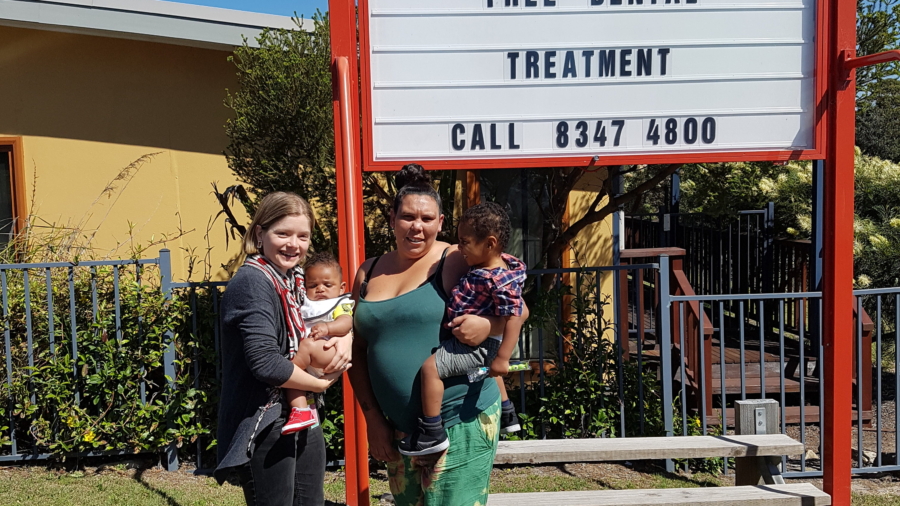
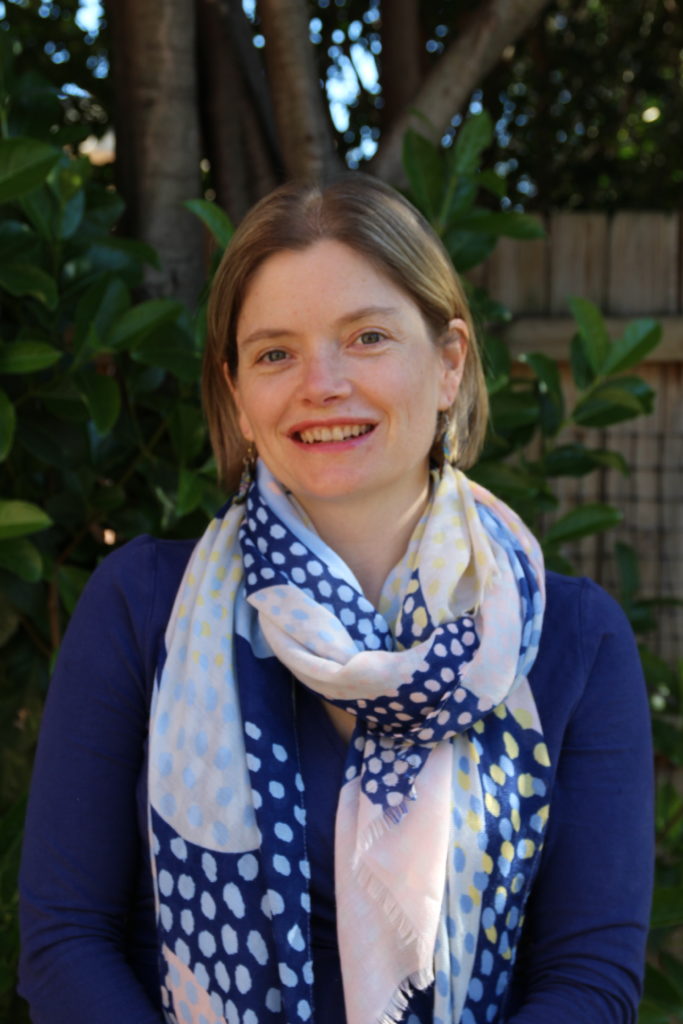
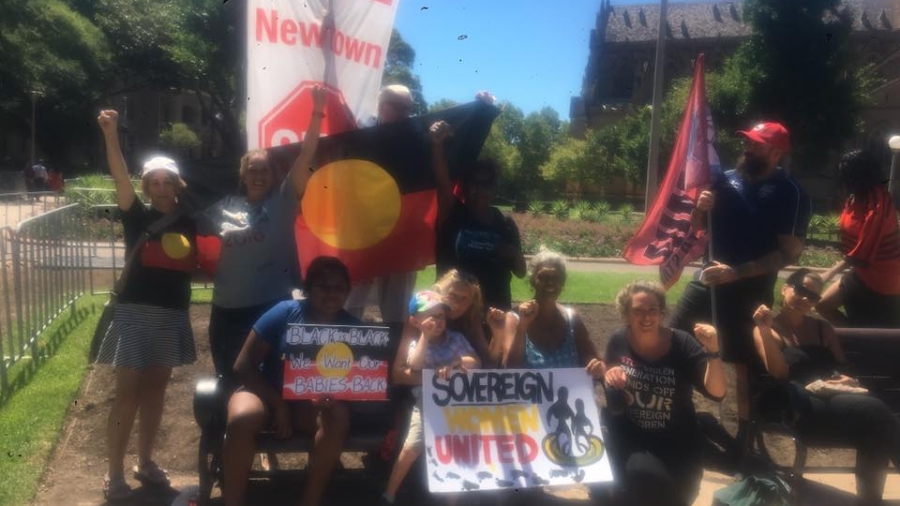
 Driven by personal family interests as well as deeply held values and a commitment to self determination, Sami shares the ingredients that have made practising Indigenous policy and advocacy work successful as a non-Indigenous woman. Social work students considering their future placements will find this episode invaluable and current non-indigenous practitioners will discover pearls of wisdom for standing alongside our Indigenous brothers and sisters for recognition and justice.
Driven by personal family interests as well as deeply held values and a commitment to self determination, Sami shares the ingredients that have made practising Indigenous policy and advocacy work successful as a non-Indigenous woman. Social work students considering their future placements will find this episode invaluable and current non-indigenous practitioners will discover pearls of wisdom for standing alongside our Indigenous brothers and sisters for recognition and justice.